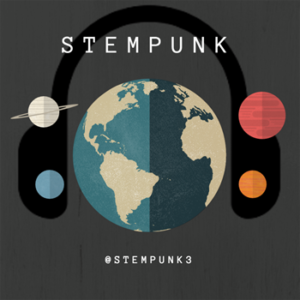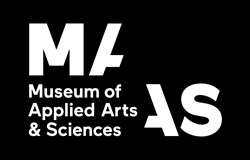When: Sunday 11th November, 6:30pm – 8:30pm
Where: 3 Wise Monkeys Pub (upstairs), 555 George Street, Sydney
Hashtag: #s3
Free for conference delegates (RSVP during registration) or purchase separately.
Register now!
Science Communicators from around the country show off their creative approaches to communication in an informal setting, to start the conference off with a bang.
Expect Stand Up, Stories, Songs, Poetry and more from all walks of science in this no-holds-barred night celebrating innovation in sci comm, and a love of science delivered with truly entertaining style.
A great chance to make new connections, catch up with old colleagues and get inspired for the conference.
Lineup
Dr Phil Dooley (Phil Up On Science) wants to know what Schrodinger’s cat thinks about still being in a box 100 years later.
Heather Catchpole‘s poetry will make you smile, frown and dance like Gloria Gaynor.
Michael Mills‘ alter-ego Professor Flint frequently causes dinosaur stampedes.
Petr Lebedev doesn’t bother doing science communication, he gets artificial intelligence to do it -Imagine Carl Sagan and William Shakespeare in a blender.
JT Yeung is going to tell us the story of the Indian frog prince who could fight viruses.
Dr Michael Leach’s science poems are pub-tested with a collective called “The Write Stuff” and in the 2018 Bendigo Writers Festival.
When energy is supplied in the form of Swing Dancing music, Rachel Rayner undergoes Lindy Hop phase transition from solid to liquid to gas.
Wildlife monitoring student Shannon Panuska has some koala-ty StandUp to share.
Ecological hip hop artist Dave Wong likes chatting with endangered goannas.
Presenter slots still available, contact philuponscience@gmail.com to get involved.
Keep tabs on the conversation and express your interest on the Facebook event here.
Purchase separately ($10 or $5 for members) or free for conference delegates (RSVP during registration).
Register now!
**This is a public event. Register to save your seat!**
Share on Facebook here: https://www.facebook.com/events/848630658859692/
